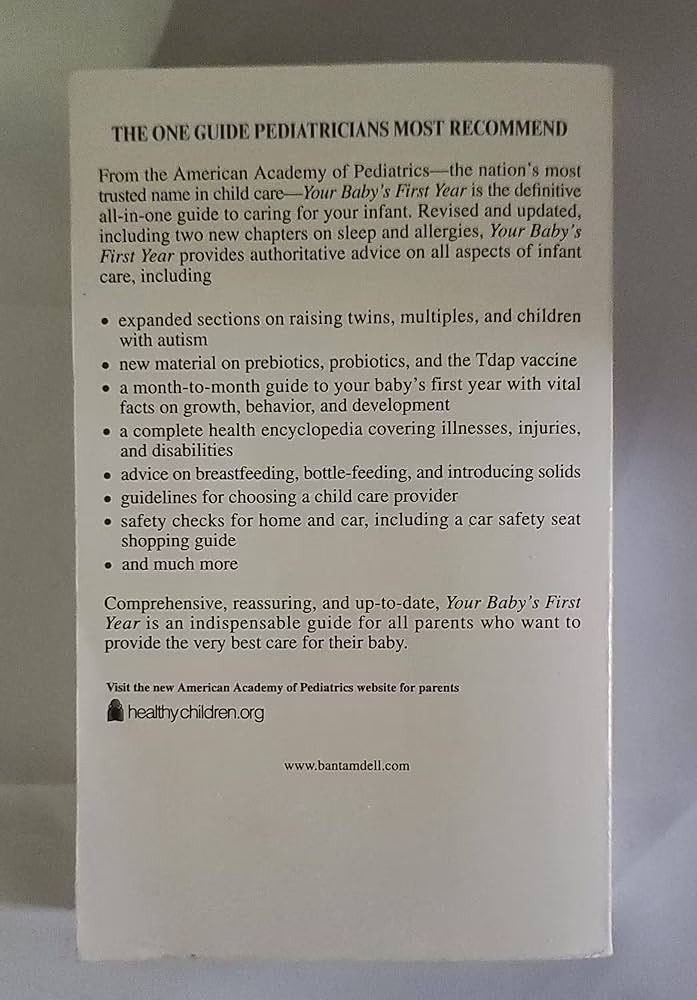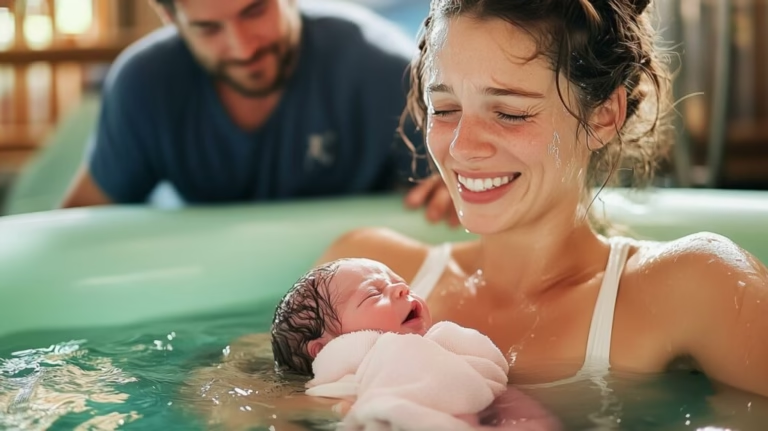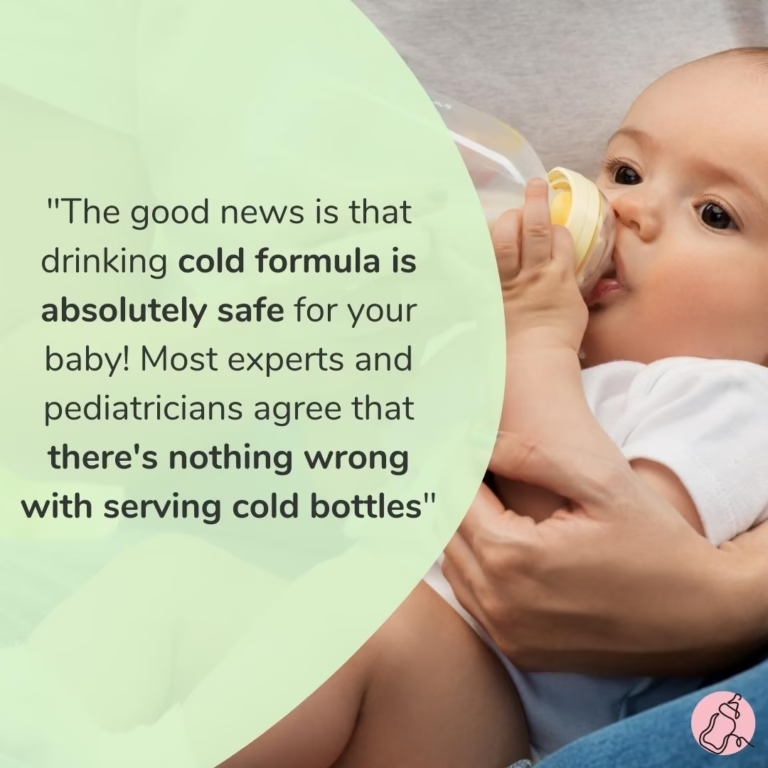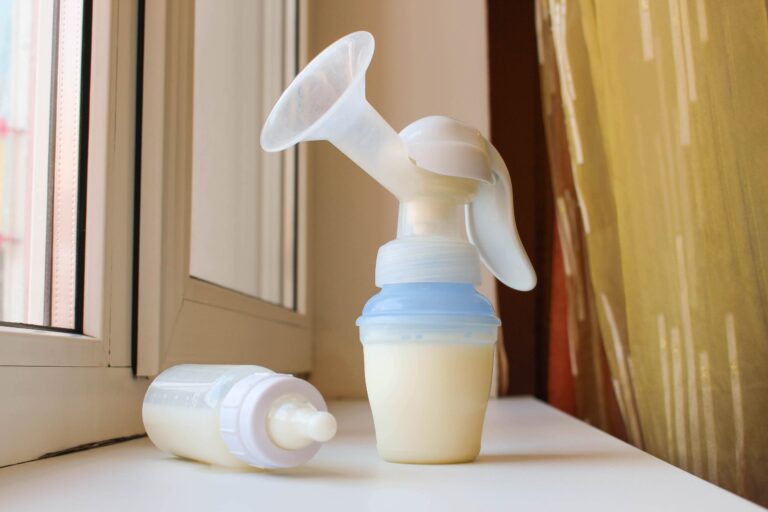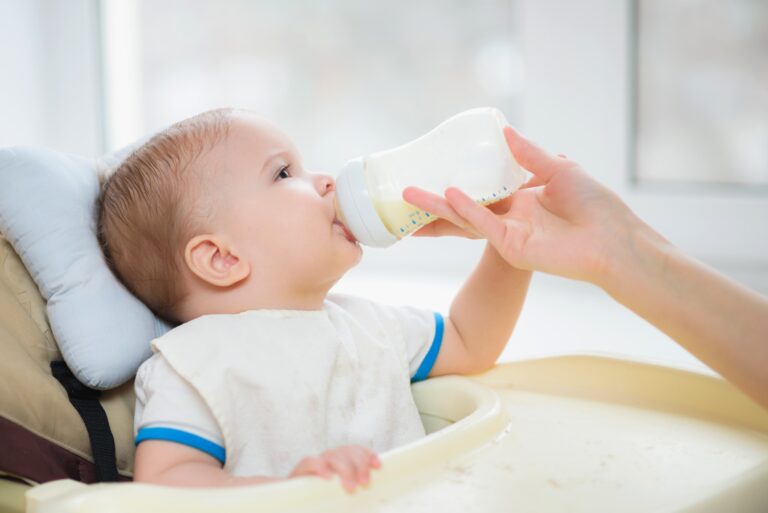Can a Newborn Get Chickenpox? Vital Info for Parents
Yes, newborns can contract chickenpox, primarily if their mother had chickenpox late in pregnancy. It is crucial for a newborn with chickenpox to receive prompt medical attention.
Chickenpox, caused by the varicella-zoster virus, presents a risk for anyone unprotected by vaccination or who hasn’t had the disease. Although less common in newborns, those who do contract the illness need careful monitoring, as complications can occur in this vulnerable age group.
Understanding the risk to infants, especially the potential severity for newborns, is essential for parents and caregivers. Quick recognition of symptoms and immediate medical consultation can ensure the health and well-being of these little ones. Mothers with chickenpox can pass the virus to their babies during or post-pregnancy, so awareness and preventive measures are vitally important. Breastfeeding mothers with chickenpox should also consult healthcare providers to ensure the safety and health of their infants.
Introduction To Chickenpox In Newborns
Newborns can indeed contract chickenpox, although it is quite uncommon. A baby’s first line of defense usually comes from the mother’s immunity, transferred during pregnancy. Yet, if a newborn does get infected, they might show symptoms such as itchy red spots that eventually turn into fluid-filled blisters.
The rarity of chickenpox in newborns stems from passive immunity. This is antibodies provided by the mother, which can protect the baby for a short period after birth. It’s crucial to be alert for any signs of illness in babies and consult a doctor promptly if symptoms are observed.
Transmission To Newborns Explained
A baby can catch chickenpox from the mother before birth. The virus passes through the placenta. This happens if mom gets chickenpox late in pregnancy. It’s serious and needs quick medical attention.
Contact with infectious blisters subheading contentNewborns can also get chickenpox after birth. This occurs through direct touch with blisters. Or by touching blister fluids or crusts. It’s very contagious.
Maternal Antibody Protection
Mothers pass antibodies to their babies. This protection lasts for months after birth.
Newborns rarely get chickenpox. Antibodies from the mother help keep them safe.
| Age of Newborn | Immunity Duration |
|---|---|
| 0-3 Months | Protection from mother |
| 3-6 Months | Possible decrease in antibodies |
| 6+ Months | Increased risk without vaccination |
Vaccination can further help babies. It boosts their immune system.
Breastfeeding And Chickenpox
Breast milk carries antibodies that can help protect newborns. These defenses are important for a baby’s health.
A newborn’s risk of chickenpox is lower if mom is immune. The illness can be prevented or its impact lessened. Breastfed babies get antibodies against many infections, including chickenpox.
| Condition | Action |
|---|---|
| Mother with chickenpox | See a doctor right away. |
| Breastfeeding | Continue if possible with precautions. |
| Newborn with signs | Contact a GP immediately for advice. |
Mothers should stay clean and cover their rashes. Hands need washing often to stop spreading the virus.
Potential Complications For Infants
Newborns with chickenpox might experience high fevers, difficulty breathing, and skin infections. A doctor should see these babies quickly. Antiviral medications may be necessary to treat severe symptoms.
Chickenpox in infants could lead to pneumonia, brain inflammation, or other serious illnesses. Some babies may suffer from scarring. There’s a rare risk of complications later in life, such as shingles.
Chickenpox Vaccination Insights
New parents need reliable information about chickenpox vaccination and newborn safety. Your little one may catch chickenpox in rare cases. Breastfeeding may help shield your baby. Antibodies in the milk might protect them. Newborns can get immunity from their mothers.
If a woman has chickenpox during pregnancy or after birth, the risk increases. Pay attention to any rash on your baby. Red spots are the first sign. Contact your pediatrician right away if you suspect it. Chickenpox can spread through direct contact or blister fluids.
Here are a few key things for safety:
- Avoid touching rashes or blisters to reduce risk.
- Keep the baby clean and comfortable.
- Monitor closely for any signs of the disease.
- Consult your doctor early if symptoms appear.
Managing Chickenpox In Newborns
Chickenpox in newborns is a rare but serious condition. Newborns with chickenpox need special home care. Keep their skin clean and dry. Use mittens to stop scratching. Calamine lotion can soothe itching. Acetaminophen might help with pain and fever. Always follow your pediatrician’s advice.
Seek medical aid if your baby shows any unusual signs. Rush to a doctor with high fever, difficulty breathing, or rapid skin change. Signs of dehydration also warrant a doctor’s visit. Don’t hesitate to get professional help for your child’s health.
Frequently Asked Questions On Can A Newborn Get Chickenpox
What Happens If A Newborn Gets Chicken Pox?
If a newborn gets chickenpox, they can experience mild to severe symptoms, potentially developing complications like pneumonia. Immediate medical attention is advised.
What Does Chicken Pox Look Like On A Newborn?
On a newborn, chickenpox typically presents as itchy red spots that progress to fluid-filled blisters. These may subsequently scab over.
Can A Breastfed Baby Get Chickenpox?
Yes, a breastfed baby can get chickenpox if they are exposed to the virus, despite receiving some antibodies from breast milk.
Conclusion
Thankfully, newborns are less likely to contract chickenpox due to maternal antibodies. Yet, if they do, prompt medical attention is critical. Parents should remain vigilant for any signs of illness and consult healthcare professionals if concerns arise. Remember, vaccination is key in protecting against this contagious disease.
Protect our little ones; stay informed and proactive.
